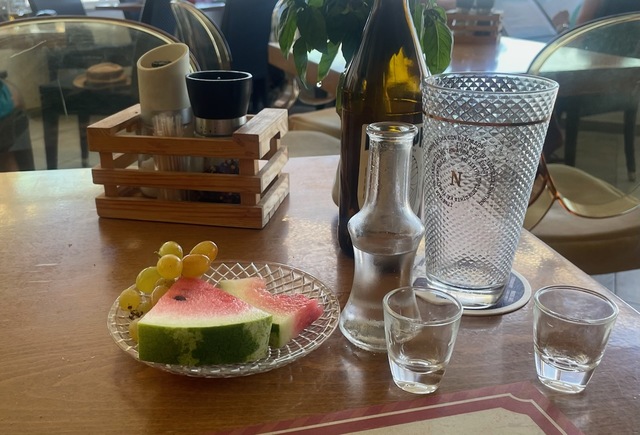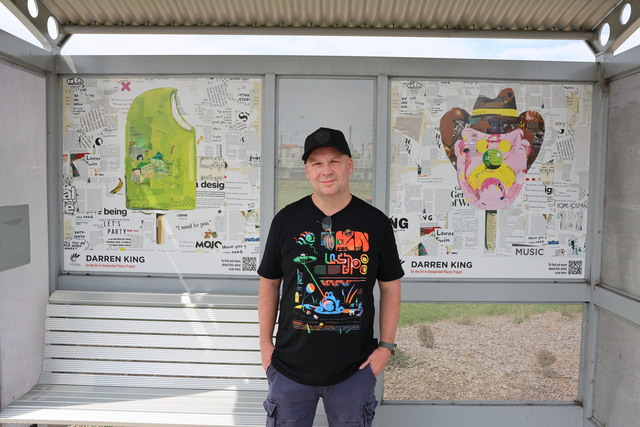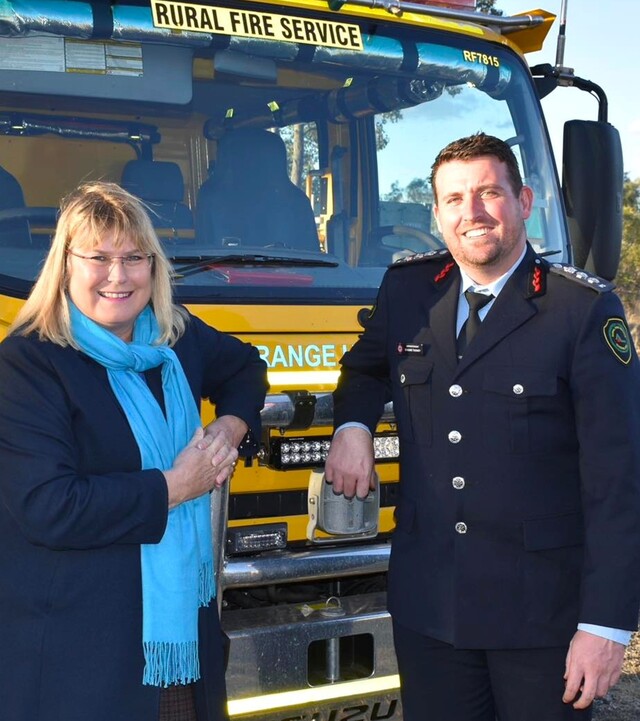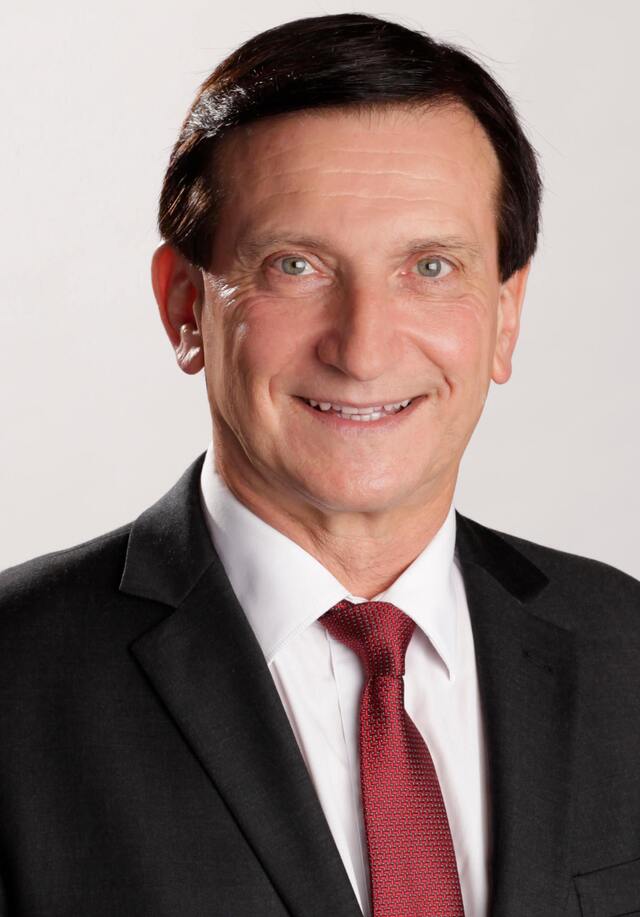After a grueling period of anticipation for the New South Wales local government sector, the Independent Pricing and Regulatory Tribunal (IPART) released its report on the sustainability of NSW councils on 20 October.
The tribunal examined 139 proposals from 144 councils, and deemed only 52 proposals as being ‘fit for the future’.
The findings proved divisive, prompting some councils to release scathing criticisms of the results, some actively supporting the report, and others conceding to consult with surrounding areas about the possibility of voluntary mergers.
The NSW Government announced it would offer $10 million to metropolitan councils and $5million to regional councils that agree to amalgamate voluntarily to cover transition costs.
Councils now have until 18 November to submit proposals for voluntary mergers, otherwise potentially undergo forced amalgamations.
On 29 October a Parliamentary Inquiry, chaired by Christian Democrat MP, Paul Green, came out swinging against the Fit for Future process.
The Inquiry recommended that the Government commit to a policy of no forced amalgamations, unless a council was found to be bankrupt or otherwise unable to service their community.
It is uncertain how the NSW Government will respond to the recommendations of the inquiry.
A sample of responses from NSW councils following the release of the IPART report include:
Warringah Council:
Mayor of Warringah, Councillor Michael Regan, said the IPART report found the creation of one Northern Beaches Council could produce savings of up to $265 million over 20 years. “This is a victory for common sense and the community. The ratepayers of the northern beaches will have a more efficient and effective local voice if one, new local government organisation is formed.
“Claims that local representation will suffer as a result of this process are not founded. They are based on fears from the past. We can build the democratic structure that meets local needs.”
Hornsby Shire Council:
Mayor Councillor Steve Russell said the declaration is not as alarming as it sounds because Hornsby only fell short on population and exceeded all other requirements.
“In many respects ‘not fit’ is an inappropriate term; it’s certainly a very narrow one.
“Our Council could stand alone and continue serving the needs of the community.
“However, that is not an ideal outcome because it ignores the tremendous benefits that could be achieved through amalgamation.”
This includes an extra $88 million over the next 20 years that can be used for local services, as assessed by IPART.
The Hills Shire Council:
Mayor, Dr Michelle Byrne said, “We might be in a strong position to stand alone but as a pro-reform Council, we will be expected to do our part to make local government a more sustainable sector.
“We’ve got 30 days to hold talks with our neighbours and make a submission before a decision will be made for us and the Review Panel has suggested a possible long-term merger with Hawkesbury.
While we could certainly leave it for another day, we would be foolish to not discuss it now.
“We are in the business of delivering essential services to our community and it’s about time that more Mayors and General Managers thought about what is best for their community rather than what is best for them.”
Lake Macquarie City Council:
It was recommended that Lake Macquarie City Council amalgamate, which Mayor, Councillor Jodie Harrison, said is disappointing news for the City and its 202,000 residents. “While this recommendation does not reflect the wishes of our residents, and is disappointing for Council, we want to reassure our community that delivering the services residents expect and rely on will continue.”
City of Ryde:
The Mayor of the City of Ryde, Councillor Jerome Laxale said, “I am clearly disappointed and amazed with the State Government’s response to declare that the City of Ryde is ‘unfit’. “Using the State Government’s own criteria, we have met all three financial requirements. We are a financially fit council: yet Mike Baird is hell bent on merging Ryde into oblivion.”
Marrickville Council:
“We have said all along that this has not been a fair, unbiased, and impartial assessment of NSW councils’ ‘fitness’,” said Mayor of Marrickville Councillor Sam Iskandar. “This is actually about pro-development agendas and having larger councils that are easier to deal with.
“It is obvious that this process has been about crushing grassroots democracy, and bringing to an end independent councillors.”
Armidale Dumaresq Council:
“The Premier and the Minister were very blunt in their assessment and were disappointed that more Councils did not choose to voluntarily merge,” said Armidale Dumaresq Mayor, Councillor Herman Beyersdorf.
“I intend to seek urgent and constructive talks with the Mayors and Councillors of the neighbouring Councils and propose that we move towards a voluntary merger rather than be forced.
“The IPART assessment has clearly shown that many Councils across NSW do not have the scale and capacity to stand alone. This isn’t going to go away and the Premier today has made it very clear that he will not tolerate Councils dragging their heels.”
Orange City Council:
“As we’ve looked at some cases in the report, it’s become clear that what was meant by ‘fitness’ was ‘volunteering to merge’. If a council or its neighbours had not proposed a merger and they hadn’t demonstrated that the option of standing alone would be good as or better, then they’ve been labelled ‘unfit’,” said Mayor, Councillor John Davis.
“It doesn’t inspire confidence when local residents are coming to the Civic Centre front counter worried, after hearing media reports that the council isn’t ‘fit’.”
Despite this disappointment, a council meeting confirmed that Orange City Council is willing to now consider merger options.
Gunnedah Shire Council
“Just because we have been assessed as having the ability to stand alone, does not mean that this will inevitably be the case,” said Gunnedah Shire Council Mayor Owen Hasler.
“The IPART report has identified our close neighbour in Liverpool Plains Shire Council as being ‘unfit’ and this does create some uncertainty for both communities as to NSW State Government plans for a possible merger.
“Nonetheless, we will work to ensure the Gunnedah Shire community benefits from any proposal put forward by the Baird Government to ensure our community continues to demonstrate vibrancy, strength and sustainability.”
Gunnedah Shire Council has said it remains open to discussions with Liverpool Plains Shire Council to explore the opportunities and risks of amalgamation.
Local Governmeant New South Wales (LGNSW) responded, “IPART says the reason the majority of councils were found unfit is because they opposed the Government’s proposed merger option and submitted a stand-alone proposal. This is what we expected,” said LGNSW President, Councillor Keith Rhoades.
“We know from experience elsewhere that amalgamations will cost the community significantly more than the $10 million available to voluntarily amalgamating metropolitan councils, and the $5 million to voluntarily amalgamating regional councils.”
A ‘Stronger Communities’ fund has been announced, offering assistance to council investment in infrastructure such as parks, libraries and swimming pools, but Cr Rhoades said the fund “appears to be only available to councils who submit agreed amalgamation plans before November 18, not to others including those already found fit.
“The Minister has made it very clear that this is a time-limited carrot. Those who don’t agree to merge seem destined to be forced to do so – without financial support.”
In response to the Parliamentary Inquiry released on 29 October, Cr Rhoades said, “We commend the Inquiry for its comprehensive and balanced approach.
“I would urge Local Government Minister Paul Toole to heed the Inquiry’s findings and recommendations: they highlight the clear path that can be walked collaboratively by the State Government and local councils to deliver lasting and meaningful sector reform to the people and communities of NSW.”







